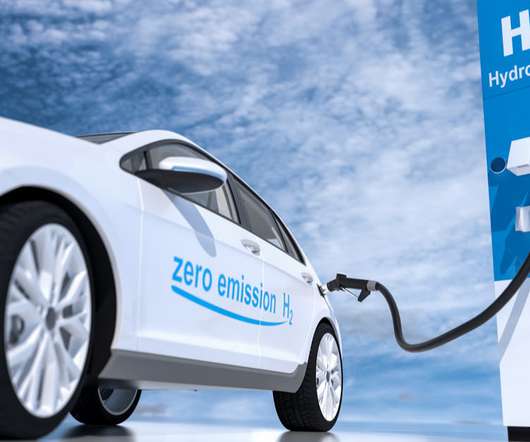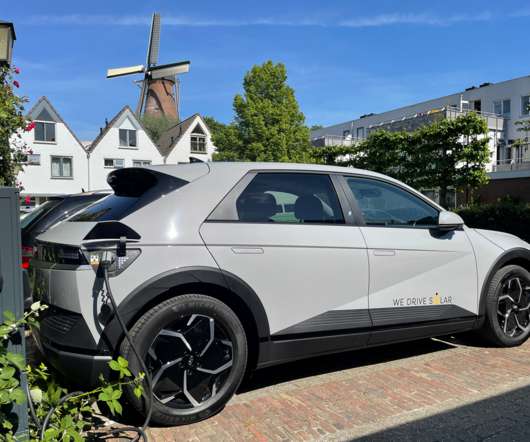Opinion: Debunking the mythsWhy fuel cell electric vehicles (FCEVs) are viable for the mass market
Green Car Congress
NOVEMBER 7, 2014
2014 has been a year of rapid growth for the fuel cell market with positive progress being made globally, especially in markets such as US, UK, Germany, France and Japan. Most recently, Toyota announced that its fuel cell sedan would also be available in the UK, USA, Germany and Denmark during the summer of 2015.














Let's personalize your content